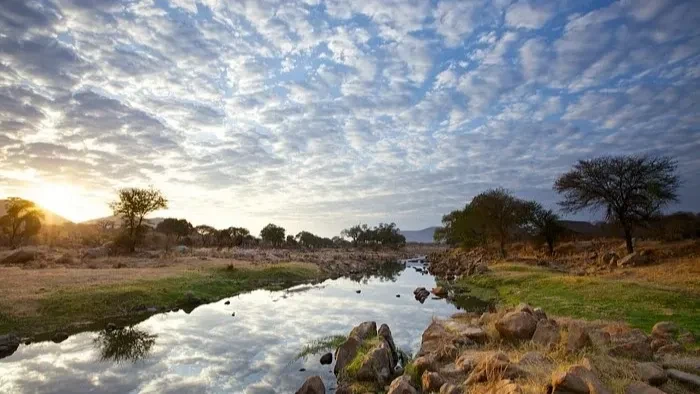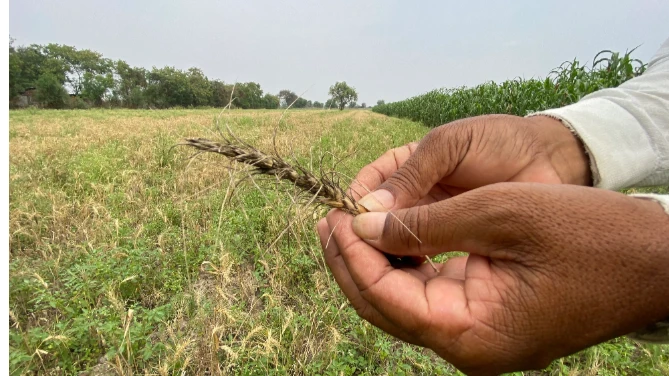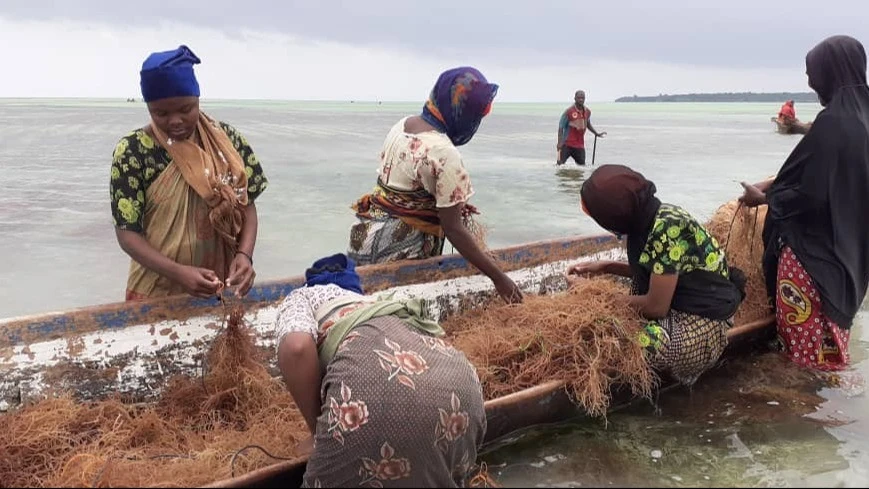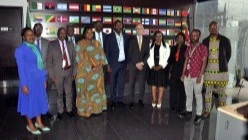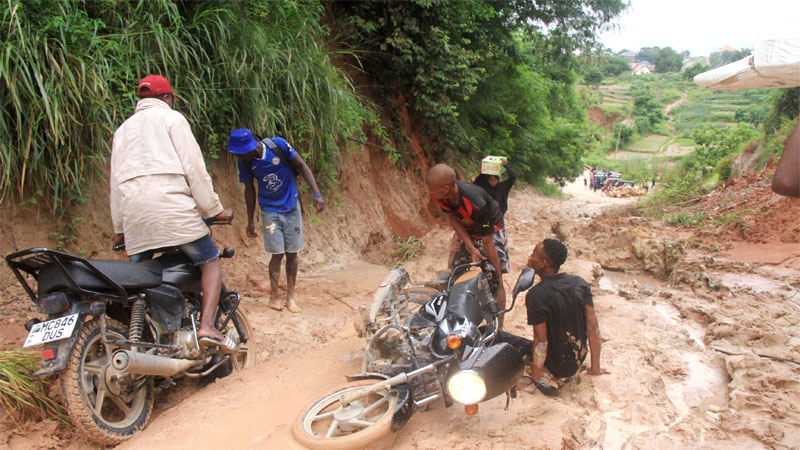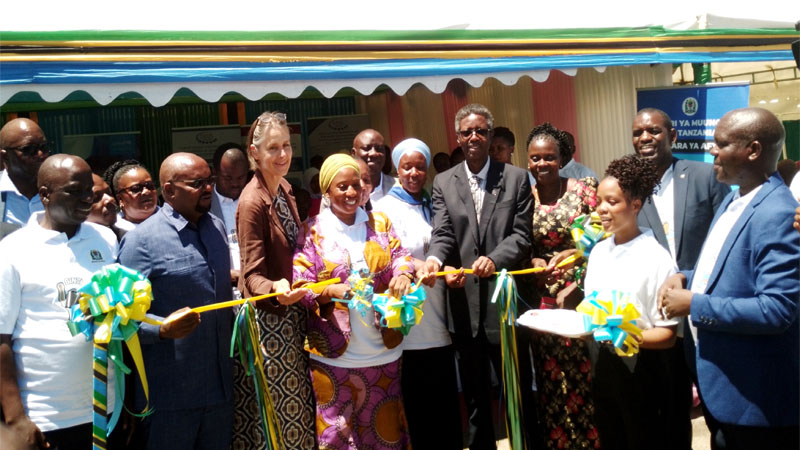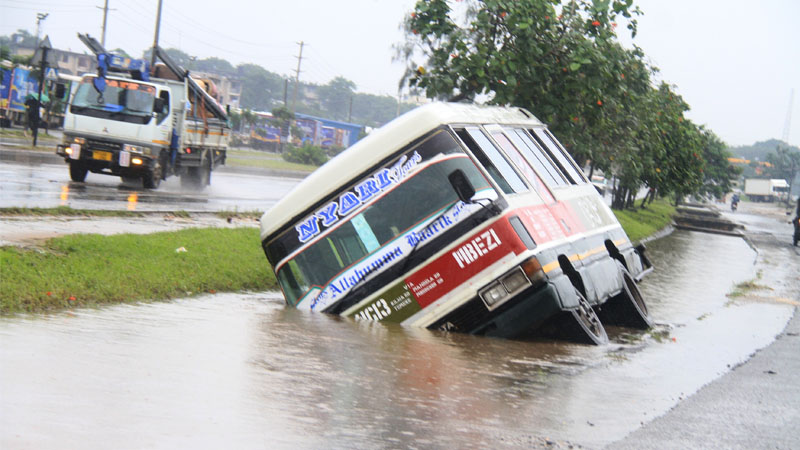Researchers urged to develop small projects on poverty reduction
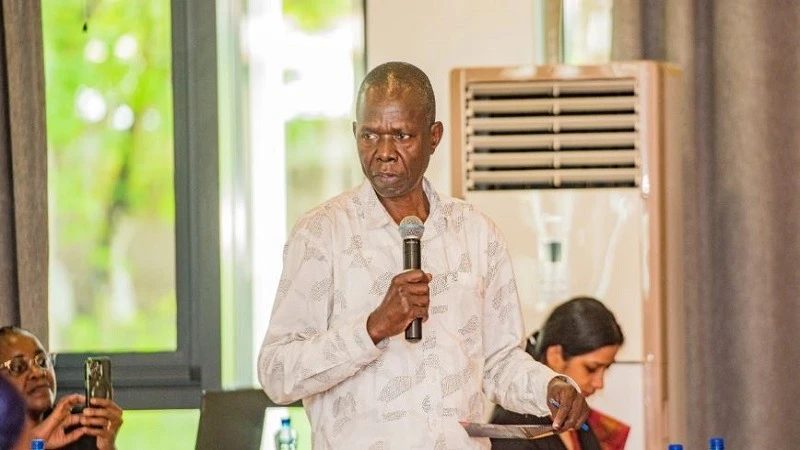
RESEARCHERS have been urged to develop small and medium research projects to generate insights and evidence to improve national policies and programmes for poverty reduction.
Charles Sokile, country director at Oxford Policy Management Tanzania, made the call in Dar es Salaam yesterday during the launch of Deep Challenge Fund Tanzania.
Sokile who is also co-chair of Data & Evidence to end Extreme Poverty (DEEP) national steering committee said that by developing innovative research projects, the experts can receive funding from the launched fund.
DEEP is a research consortium that aims to build evidence, insights and solutions to help end extreme poverty globally. It is led by the Oxford Policy Management in partnership with the World Bank’s Development Data Group and is funded by the United Kingdom’s Foreign, Commonwealth and Development Office (FCDO).
The fund aims to support researchers in Tanzania to meet this need for evidence, and to ultimately improve the lives of people living in poverty.
Tanzania was selected to be the first focus country for the DEEP Challenge Fund due to its pressing poverty reduction challenges and a desire and need for research evidence and policy change.
The fund will roll out in Bangladesh and Nigeria later this year. The research focus, aims and scope of the Tanzania Challenge Fund are being shaped by Tanzanian policymakers and other key stakeholders.
He said that DEEP awards small and medium grants between £ 5000 and £ 50,000 per research project to local researchers working on national poverty reduction whereas small and medium grants will be allocated to organizations and/or individuals following a competitive bidding process.
The applications for the funding have officially opened and will be closed on April 14, and grants awarded and announcement expected mid to late May this year.
“Local policy and research communities help to define the scope of the challenge fund to ensure that commissioned research meets identified evidence gaps and supports ongoing initiatives in extreme poverty reduction that can make a difference in people’s lives,” he said.
The steering committee comprising government representatives, academics and NGOs is responsible for developing and approving the strategy of the challenge fund, providing ongoing support during grant awards and implementation and will support dissemination and policy impact opportunities using the research outputs, he said.
He added that proposals encouraged are those which will help generate new insights about the drivers of poverty such as climate change, Covid-19, urbanization, migration, conflicts, social exclusion and social norms.
Winnie Muangi, a researcher from University of Dar es Salaam School of Economics said: “The country has a favourable political and policy environment with opportunities to facilitate poverty alleviation. In universities, think tanks and government ministries as well as a growing availability of good quality data from both traditional surveys and big data sources that together provide poverty analysis opportunities at very low cost.”
Top Headlines
© 2024 IPPMEDIA.COM. ALL RIGHTS RESERVED




